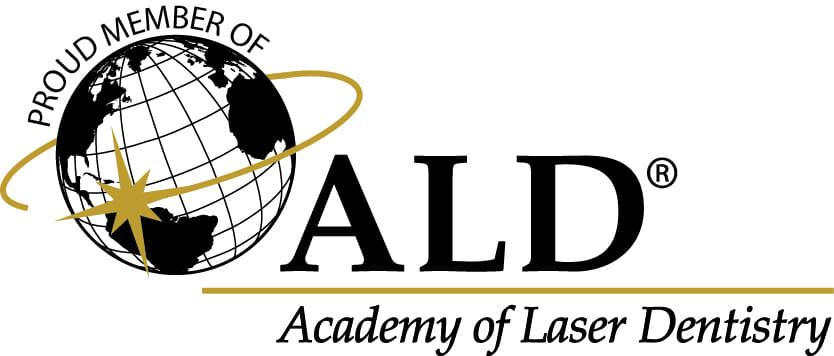Helping Children Smile Confidently!
F.A.Q.Frequently Asked Questions
At Lakeside Pediatric Dentistry in Port Huron, MI we make ourselves available to answer our patient’s questions. Part of a healthy smile is understanding how to maintain it and knowing the warning signs of potential issues before they become more significant problems. Our team works hard on providing the best services and to educate you and your child on forming the best and healthiest dental habits. Below, we have compiled some common questions parents have asked us. However, we invite you to give us a call if you have a question that isn’t included.
Have Dental Questions? We have Answers
What is a Pediatric Dentist?
Why are Baby Teeth Important?
Development of Your Child’s Teeth
Dental Trauma and Emergencies
Knocked Out Baby Tooth
Broken or Fractured Permanent Tooth
Toothache
Injured Lip or Tongue
Knocked Out Permanent Tooth
Dental Radiographs (x-rays)
What Toothpaste Should my Child Use?
Is Thumb-sucking Bad for My Kids’ Teeth?
When Should I Think about Braces for My Child?

We are proudly helping your children discover and maintain a beautiful smile. To schedule an appointment, please contact us at 810-985-9660. We look forward to welcoming you!

Get In Touch
Location
1952 Holland Ave. Port Huron, MI 48060
Telephone
810-985-9660
Fax
810-985-9666
Email
office@
Hours:
Monday - 8:00 AM - 5:00 PM
Tuesday - 8:00 AM - 5:00 PM
Wednesday - Closed
Thursday - 8:00 AM - 5:00 PM
Friday - 8:00 - Noon


